
Link farming is a controversial link building practice that Google does not approve of.
Link farms are websites created solely for the purpose of buying and selling links. These sites do not share high-quality content with their audience and actively sell links having the dofollow attribute.
Having too many links from link farms can heavily penalize your website, leading to decreased organic visibility.
In this article, I will explain the concept of link farms and their role in link building.
What is Meant by Link Farming?
Link farming refers to the practice of creating a large network of websites or web pages with the primary purpose of artificially generating a significant number of backlinks.
These backlinks are typically interlinked between the websites within the network or exchanged with other participating websites.
Example of Link Farming
Here is an example figure explaining the working of a link farm, where all sites link to each other:
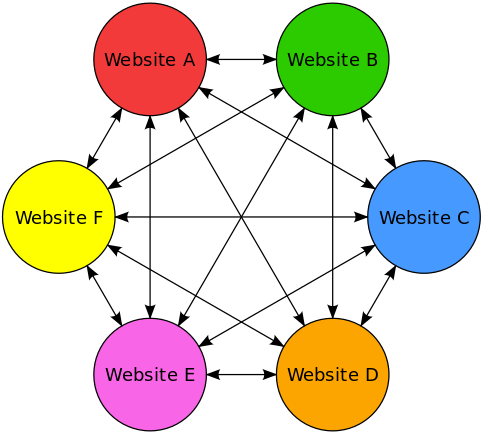
Image source: Wikipedia
The network owner may use automated software or employ individuals to create and publish these articles across the network. In some cases, the owner may also engage in link exchange schemes with other website owners, further expanding the network's reach.
The primary objective of this link farm is to generate a large number of backlinks within the network, giving the illusion of popularity and authority to search engines.
The hope is that search engines will interpret these links as genuine endorsements from other websites, thereby boosting the search engine rankings of the network's websites.
However, search engines have sophisticated algorithms that can detect such artificial link building practices. When identified, these link farms are subjected to penalties and algorithmic adjustments, which can result in severe consequences for the websites involved.
The websites may experience a significant drop in rankings, reduced organic traffic, and even removal from search engine results altogether. It's important to note that this example represents an unethical and manipulative approach to link building.
How to Identify Link Farms?
Identifying link farms can be challenging as they are designed to appear legitimate.
However, there are several indicators and techniques you can use to identify potential link farms. Here are some methods to help you recognize link farms:
Unrelated or Poor-Quality Content
Link farms often feature websites with low-quality content or articles that are irrelevant to the website's main focus. The content may be poorly written, stuffed with keywords, or lack originality.
Look for signs of thin or duplicate content that offers little value to users.
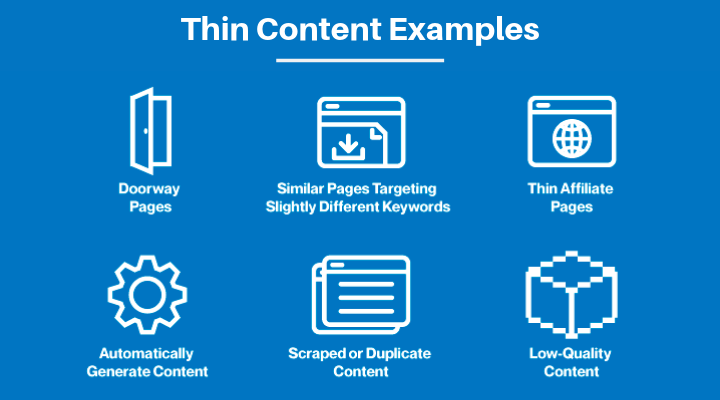
Image source: Twaino
Excessive Linking and Unrelated Content
Link farms typically involve websites that excessively link to each other within the network. Pay attention to websites that have an unusually high number of outbound links, especially when the links are irrelevant to the content or appear forced.
Additionally, since link farms tend to have hundreds of people placing links, they tend to have unrelated content on the site.
Typically, link farming websites don't have a central focus and publish posts on almost any topic.

Reciprocal Linking Patterns
Link farms often engage in reciprocal link exchange schemes, where websites within the network exchange links to artificially boost each other's rankings.
Investigate if there are patterns of reciprocal linking between websites or if there is a high volume of links pointing to unrelated websites.
Unnatural Link Profiles
Analyse the link profile of a website using backlink checker tools like MonitorBacklinks. Simply enter the domain you are looking to analyse and the tool will showcase all the links pointing to that site.
Look for sudden spikes in the number of backlinks, a high proportion of links from low-quality or spammy websites, or a lack of diversity in the types of websites linking to the site.
These irregularities could be indications of link farming activities.
Similar Website Designs and Templates
Link farms may use similar website designs or templates across their network to streamline the creation process.
Look for websites that have identical or similar layouts, colour schemes, fonts, and structures. This can indicate a network of websites operating as a link farm.


Unrelated Domains and IP Addresses
Link farms often involve websites hosted on unrelated domains and IP addresses, making it difficult to establish a clear thematic connection between them.
Conduct domain and IP address checks to identify any relationships between suspicious websites within a network.
Manual Inspection
Take the time to manually review the content and websites in question.
Evaluate the overall quality, relevance, and legitimacy of the websites and their linking patterns.
Trust your instincts if something feels unnatural or suspicious. It's important to note that while these indicators can help you identify potential link farms, further investigation and analysis are necessary to confirm their nature.
If you suspect a website or network to be a link farm, it's best to avoid engaging with them and focus on building high-quality, organic backlinks through legitimate and ethical means.
Does Google Approve of Link Farming?
No, Google does not approve of link farming or any other form of manipulative link building practices.
In fact, link farming is considered a violation of Google's Webmaster Guidelines, which outline best practices for website owners to ensure a positive user experience and maintain the integrity of search results.
Google's algorithms are designed to detect and devalue links from link farms or other schemes aimed at artificially inflating a website's search engine rankings. The below image shares the types of link spam detected and penalized by Google algorithms:
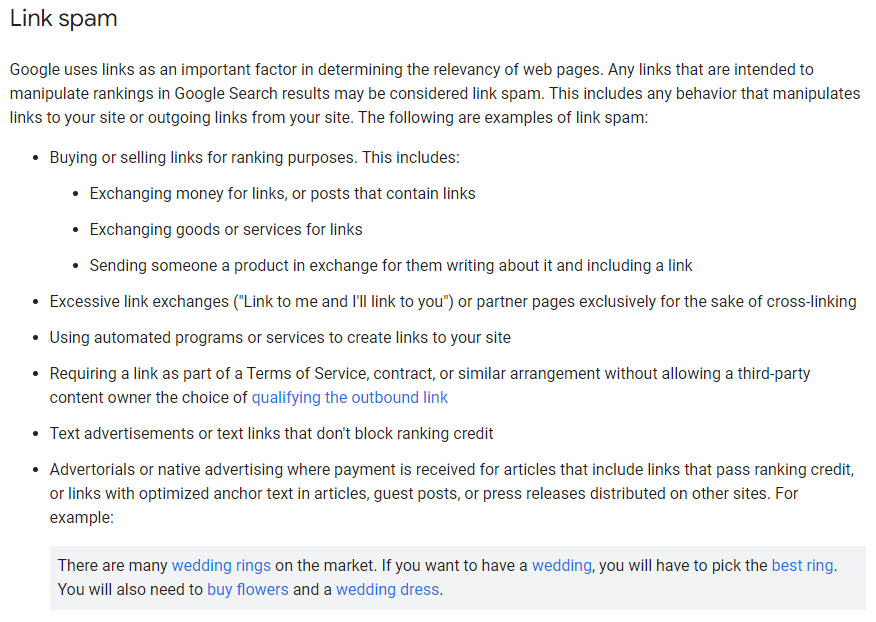
When identified, websites engaged in link farming can face severe penalties, including a drop in search rankings, loss of organic traffic, and even potential removal from search results.
It encourages website owners to focus on building high-quality, natural backlinks by creating valuable content that others will organically link to.
The search engine values links that are relevant, authoritative, and earned through genuine endorsements from reputable websites.
Google continuously updates its algorithms to better identify and combat manipulative link building practices. It aims to provide users with the most relevant and trustworthy search results, which means penalizing websites that engage in link farming or other deceptive practices.
Website owners should adhere to Google's guidelines and focus on legitimate, ethical SEO strategies to build a strong online presence.
Building quality links through content creation, outreach, and genuine engagement with the community help ensure long-term success and maintain a positive relationship with Google and other search engines.
Why Google Hates Link Farms?
Google has established clear guidelines to help website owners understand and follow best practices.
Google's primary goal is to provide users with the most relevant and trustworthy search results. Link farms distort the accuracy of search rankings and undermine Google's mission to deliver high-quality search experiences.
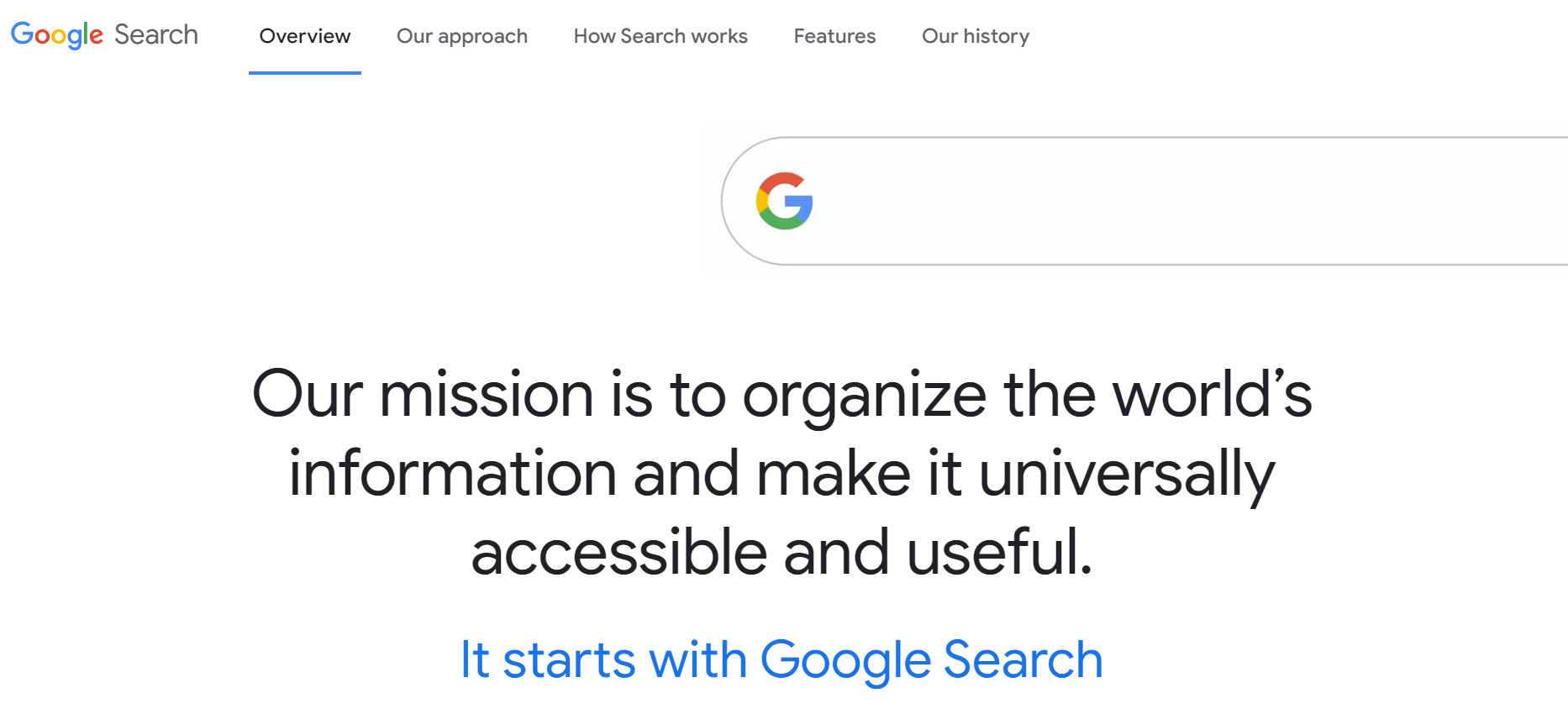
Link farms often involve low-quality and irrelevant content that offers little value to users.
Link farms create a poor user experience by directing users to sites with thin or irrelevant content, compromising Google's commitment to user satisfaction.
Google aims to protect users from harmful and deceptive online practices. Link farms are often associated with spam or malicious activities that can put users at risk. By penalizing link farms, Google safeguards its users from potentially harmful websites and ensures a safer online experience.
What are Some Alternatives to Link Farms for SEO?
Instead of relying on link farms, it is recommended to focus on ethical and sustainable SEO link-building practices.
Some alternatives to link farms include creating high-quality content that naturally attracts backlinks, engaging in genuine outreach and relationship-building with authoritative websites, participating in industry-specific communities and forums, and earning backlinks through the publication of valuable guest posts or articles.
How Can I Protect My Website from Link Farms?
To protect your website from link farms, it is essential to focus on organic and natural link-building practices.
Monitor your backlink profile regularly, disavow any spammy or suspicious links, and adhere to search engine guidelines for quality content and ethical SEO practices.
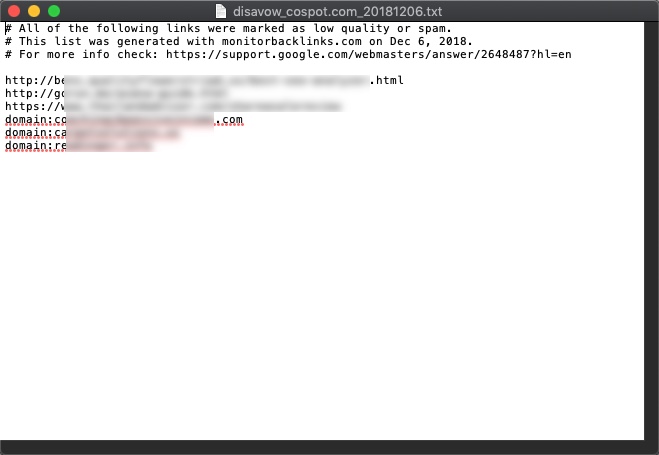
By maintaining a strong and reputable online presence, you can mitigate the risks associated with link farms.
Wrap up: Is Link Farming Good for SEO?
Link farming manipulates search engine algorithms and attempts to deceive search engines by creating artificial links without considering the quality or relevance of the content.
Hence, you should never engage in getting links from link farms.
Engaging in link farming can lead to a decrease in your website's visibility in search results or even being completely removed from search engine indexes.
Instead of relying on questionable tactics like link farming, it is advisable to focus on building high-quality, organic backlinks through valuable content, authoritative partnerships, and genuine outreach efforts.
Concentrate on earning links from reputable and relevant websites, engaging in genuine outreach, and providing valuable content that others naturally want to link to.










